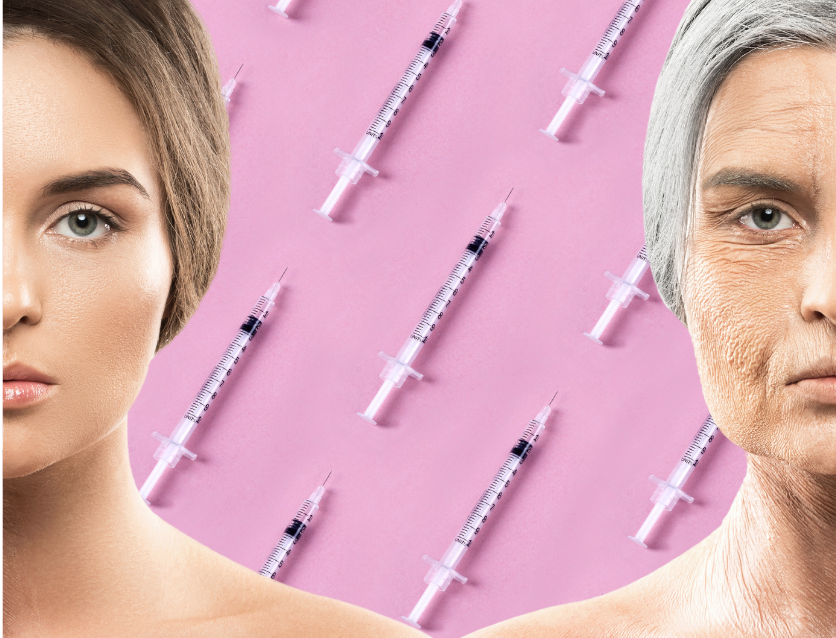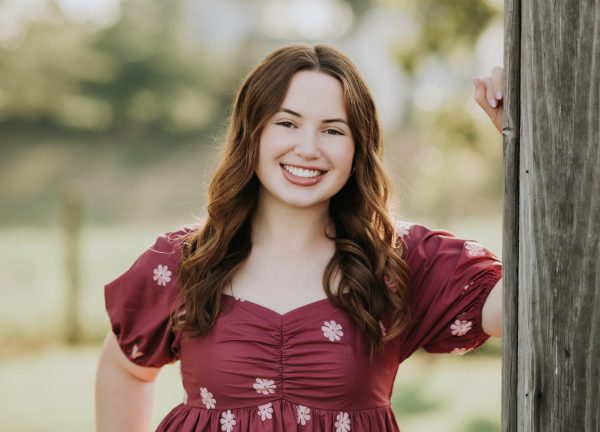In the glitzy world of celebrity culture, aging is often viewed through a starkly different lens depending on one’s gender. While male celebrities are celebrated for their maturity and experience, female celebrities face intense scrutiny and pressure to maintain youthful appearances. This double standard reflects broader societal attitudes towards aging and gender, highlighting deep-seated inequalities within the entertainment industry.
From Hollywood to the music industry, societal expectations for women in the public eye are often unrelenting. Female celebrities are expected to embody youthfulness and beauty, with their physical appearances subject to constant scrutiny by both media and fans alike. As they age, they often encounter criticism and face diminishing opportunities compared to their male counterparts.
As of October 2022, Statsita reported that most Oscar winners for best actor were aged 40 years and over, whereas the majority of the best actress winners were aged 39 and below.
Roles for women in film and television often dwindle as they reach their forties and fifties, with many actresses finding themselves relegated to stereotypical roles or sidelined altogether. This phenomenon reflects the industry’s reluctance to embrace older women in leading roles.
Junior Kailee McCaw, director of the 10th and 12th grade one act “Kaleidoscope,” shared her perspective on type casting in Hollywood.
“I would like to see more diverse opportunities for older, more experienced actresses. I feel like type casting can prevent older actresses from showcasing their full range of talent and versatility, ultimately hindering their ability to take on challenging and rewarding roles,” McCaw explained.
When older actresses are typecast into roles that revolve around familial relationships, typically as mothers or grandmothers, it can be difficult for them to remain passionate about their work.
In an interview with Marie Claire, Kirsten Dunst explained that she didn’t act for two years because, “every role [she] was being offered was the sad mom.”
In contrast, male celebrities frequently experience career resurgences as they age. Many find success in character-driven roles that capitalize on their life experiences and gravitas.
Despite issues with addiction in his younger years, Robert Downey Jr. received his breakout role as “Iron Man” when he was in his early forties. Actors like Liam Neeson and Denzel Washington have enjoyed continued success well into their sixties and beyond, demonstrating that age is often an asset rather than a liability for men in the entertainment industry.
Despite these entrenched disparities, there are signs of progress within the entertainment industry. Female-led productions, such as “Big Little Lies” and “The Crown,” have garnered critical acclaim and challenged traditional notions of age and gender in Hollywood. Moreover, actresses like Meryl Streep and Helen Mirren continue to defy stereotypes and command respect for their talent and longevity in the industry.
Another Hollywood star that stands out as a beacon of authenticity and defiance is Pamela Anderson. Renowned for her iconic roles and bombshell image, Anderson made headlines in October of 2023 when she decided to forgo makeup at a Vivienne Westwood fashion show, challenging traditional Hollywood beauty norms.
Anderson’s decision to eschew makeup on the red carpet was a bold declaration of self-confidence and authenticity. By baring her face to the world, Anderson shattered the illusion of perfection often associated with celebrity culture. In an industry where appearances are meticulously curated, her willingness to embrace her natural beauty sent a powerful message about the importance of self-acceptance and inner confidence.
The pressure to maintain a youthful appearance is particularly intense for female celebrities, manifesting itself in a perceived need for cosmetic procedures. From plastic surgery to extreme dieting, many women in the public eye go to great lengths to defy the aging process.
But Anderson believes that the relentless pursuit of youth is pointless.
In an interview with i-D, Anderson said that her biggest beauty secret is: “Don’t do anything.” She went on to explain that, “You just have to understand that you’re good enough and that you are beautiful. I like to say the word life-ing instead of aging, chasing youth is just futile.”
Despite the recent signs of progress within the entertainment industry, true equality remains elusive, and the double standard of aging in celebrity culture persists.
As society grapples with evolving attitudes towards gender and age, it is imperative that consumers of media challenge ingrained biases and strive for a more inclusive and equitable entertainment landscape. Only then can audiences truly celebrate the diversity and richness of human experience, regardless of age or gender.









